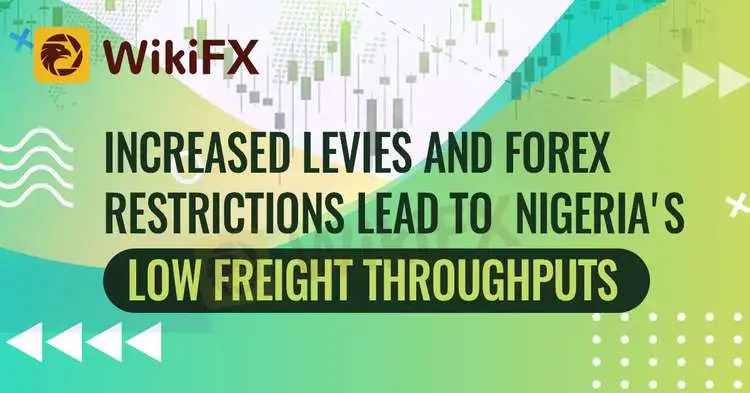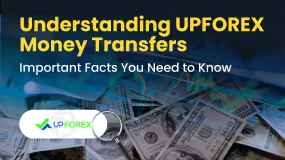Abstract:Because of the government's unwillingness to lower tariffs and the foreign exchange (FX) issue, West and Central African nations would continue to have a competitive advantage over Nigeria in the marine market.

Because of the government's unwillingness to lower tariffs and the foreign exchange (FX) issue, West and Central African nations would continue to have a competitive advantage over Nigeria in the marine market.
Togo has already surpassed Nigeria as the leading port in West Africa. According to the most recent United Nati\\\ons (UN) data, Togo reported 1, 725,520 twenty-foot equivalent (TUEs) cargo throughput in 2020, whereas Nigeria recorded 1, 528,520 TUEs in the same year, resulting in a loss of over 196,750 TUEs, or 30% of container traffic to Lome port.
There have also been allegations of goods meant for Nigeria being diverted to Cotonou, Cameroon, and Ghana, among other places. This has resulted in significant growth in traffic in the nations in recent years.
Experts have also remarked that ports in the area have positioned themselves as transshipment centers and are ready to participate in the African Continental Free Trade Area (AfCFTA) regime.
As a result, the Congregation of Registered Freight Forwarding Practitioners of Nigeria (CREFFPON) has warned that if the Federal Ministry of Finance and the Central Bank of Nigeria (CBN) do not revise the policy that has denied importers access to foreign exchange, Nigeria will see lower investment in its ports.
The organization, via its Desk Officer, Edwin Chukwudire Obi, bemoaned that Finance Ministry/CBN regulations had banned more than 41 import products and denied importers access to FX, forcing them to obtain FX from the secondary market.
The organization emphasized that the CBN FX administration has had a negative influence on both the country and trade. It claimed that the policies encourage trade irregularities and noncompliance on the side of the trading public, particularly as they battle to stay in business.
According to the organization, Forex illiquidity is a contributing cause to the country's struggling economy, especially given the country's continued reliance on imports.
CREFFPON has urged the CBN and the supervisory ministry to reconsider the effects of the existing monetary policy on enterprises.
Furthermore, Jonathan Nicol, President of the Shippers Association of Lagos (SAL), stated that Nigeria's imports will suffer as a consequence of FX scarcity, adding that importers would struggle to pay freight rates, which are $5,000.
Nicol stated that cargo surpassing $5,000 is on hold unless the freight charges are entirely paid upfront and that products incur storage expenses abroad while freight is ongoing.
He claims that such restrictions are counter-productive because the policy has a significant impact on many businesses.
He bemoaned the loss of around 360 textile industries in Nigeria as a result of the country's difficult business climate.
“We need to lift the restriction on textile materials so that we don't have to go nude.” Our tire industries are active outside of Nigeria. Whatever it takes to revitalize our industry, the Federal Government Economic Team should be ready to do whatever it takes to restore our dignity, he added.
Nicol stated that President Muhammadu Buhari has vowed to provide cash for businesses and manufacturers, which is critical given the significance of domestic output to the economy.
Another big difficulty, according to Nicol, was the confiscation and rejection of 82% of Nigeria's agro-allied exports by European Union (EU) nations owing to unlawful exportation without certification by government authorities.
Farmers will suffer as a result of the large percentage of the country's export cargos being rejected, he warned.
He believes that if there is a mismatch in imports and exports, revenue would diminish.
Meanwhile, the CREFFPON, which praised barge operations for helping to alleviate port congestion, warned barge operators to simplify their charges for efficiency.
The committee also chastised the Nigeria Customs Service (NCS), shipping firms, port owners, and others for claiming excessive income in the face of poor cargo throughputs.
The association encouraged the Nigerian Shippers' Council to redesign and implement an industry pricing structure to enhance competitiveness and follow worldwide best practices, adding that the cost of doing business in Nigerian ports remains very high while supporting a robust economy.










